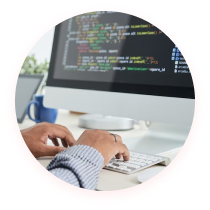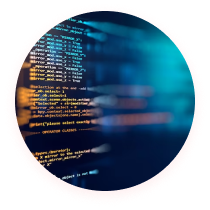⟵
This course covers the fundamental concepts of Python programming, including variables, data types, control flow, functions, file handling, and modules. It also covers more advanced topics such as object-oriented programming, regular expressions, and error handling.
-
Variables

- Introduction to variables: What are variables and why are they important in programming?
- Declaring and assigning variables: How to create a variable in Python and assign a value to it.
- Data types: Different types of data that can be stored in a variable, such as integers, floats, strings, and Booleans.
- Variable naming conventions: Rules and best practices for naming variables in Python.
- Using variables in expressions: How to use variables in mathematical and logical expressions.
- Variable scope: Understanding the concept of variable scope and how it affects the availability and lifetime of a variable.
- Type conversion: How to convert a variable from one data type to another.
- Multiple assignments: How to assign multiple values to multiple variables in a single statement.
- Constants: How to define and use constants in Python.
- Variable manipulation: How to manipulate and modify the value of a variable in Python.
- Debugging variables: Tips and techniques for debugging code that involves variables.
- Best practices: Best practices for working with variables in Python, such as avoiding global variables and using meaningful variable names.

-
Python Operators

- Introduction to operators in Python
- Arithmetic operators in Python
- Comparison operators in Python
- Logical operators in Python
- Bitwise operators in Python
- Assignment operators in Python
- Identity operators in Python
- Membership operators in Python
- Operator precedence in Python




